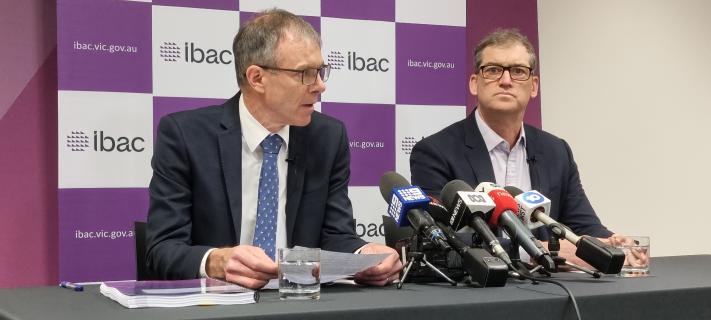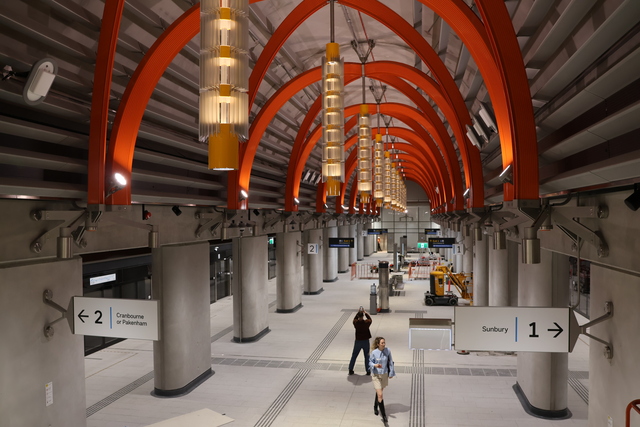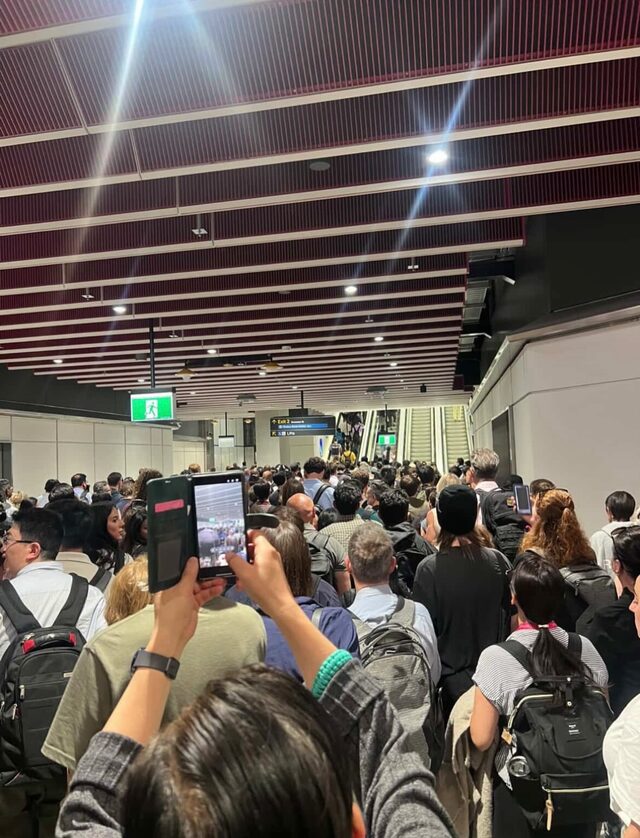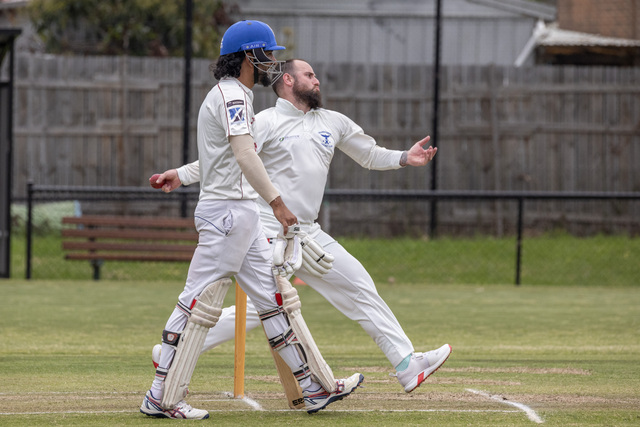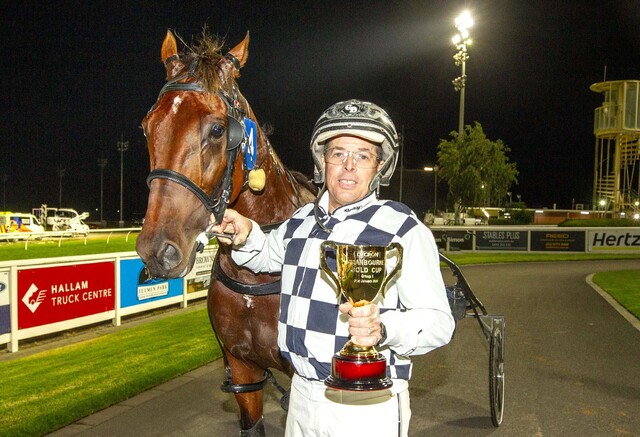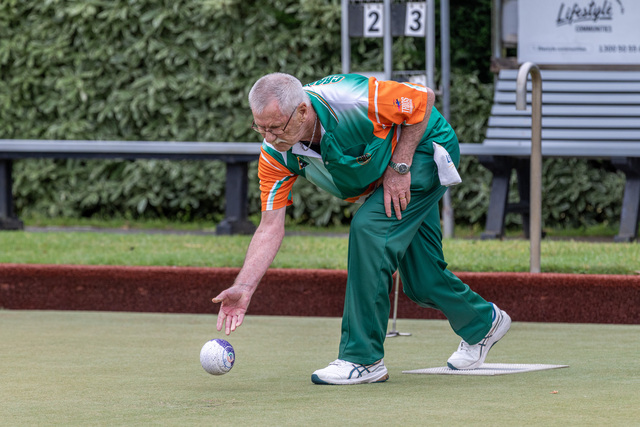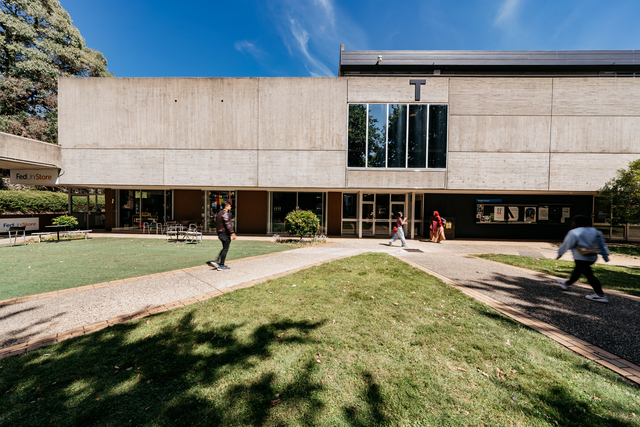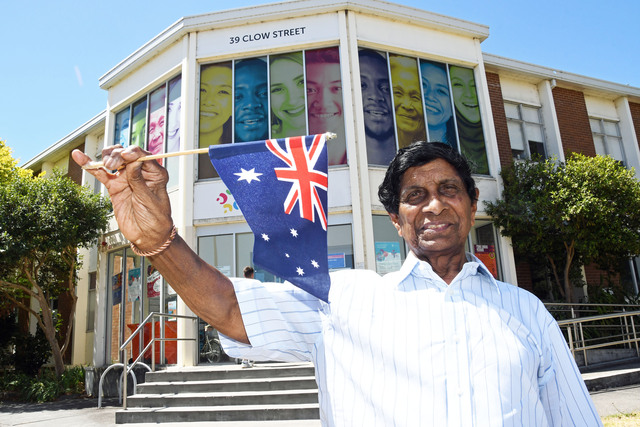No one shaped Casey’s affairs more than the state’s anti-corruption body, which delivered damning findings on local councillors as well as proposing radical changes in planning across the state.
The Independent Broad-based Anti-Corruption Commission (IBAC) tabled its Operation Sandon report in July – an inquiry that provided jaw-dropping allegations of political payments including cash in a suitcase.
Former Casey mayors Sam Aziz and Geoff Ablett were especially highlighted for accepting more than $1.15 million in payments and in-kind support from developer John Woodman.
They were found to promote Woodman’s interests in several key planning decisions at Casey without declaring their conflict of interest.
Woodman was also found to cultivate influence at state government level, paying lobbyists and donating generously to Labor and Liberal party coffers.
He’d also funded 11 ‘friendly’ candidates’ campaigns in the Casey elections in 2016, and was linked to a community residents action group funded by developer Leightons.
It’s yet to be seen whether Aziz and Ablett will face criminal charges. IBAC has powers to refer alleged criminality to the Office of Public Prosecutions to make that call.
Both councillors and Woodman have denied wrong-doing.
Many of the “elaborate” financial arrangements were designed to give the “appearance of legitimacy”, IBAC acting commissioner Stephen Farrow said in handing down the report.
The bombshell public inquiry, which led to 34 recommendations, had several other far-reaching consequences.
It precipitated the State Government’s sacking of Casey councillors in 2020, placing the council under administration for four years.
The Government enthusiastically received IBAC’s recommendation to take planning decisions out of councillors’ hands and instead made by independent expert panels.
More details are being awaited of the Government’s new planning regime – touted to fast-track housing supply.
The Government has been less enthusiastic to adopt IBAC’s advice to ban political donations from “high-risk” groups such as developers.
In October, voters will decide on the make-up of the next Casey Council.
How many of the 11 sacked councillors will stand for re-election and the extent of their punishment at the ballot box will be intriguing.
Farrow said as a group, Casey councillors had exhibited and tolerated behaviour that was below the standards expected of them.
Some made a “conscious departure” from the standards, others had a “poor understanding” of their obligations.
IBAC deputy commissioner David Wolf said the report “laid bare” corruption risks in council decision-making and with political donations at state and local government levels.
“What is clear is that the conduct of individual councillors severely damaged the standing of Casey Council with their local community.
“It showed the ease with which council governance requirements can be manipulated or disregarded by councillors who are minded to do so.”
IBAC’s investigation revealed councillors were incapable of dealing with the “complexity” of planning matters, Wolf said at the time.
“And then of course, you have the corruption vulnerabilities exposed in this report.”
Earlier last year, Coroner David Ryan recommended that IBAC does more to alleviate witnesses’ uncertainty about being prosecuted as soon as possible.
This followed the suicide of former Casey mayor Amanda Stapledon, who believed she was headed to jail as a result of the IBAC allegations.
IBAC has since confirmed that Stapledon wasn’t facing prosecution.

